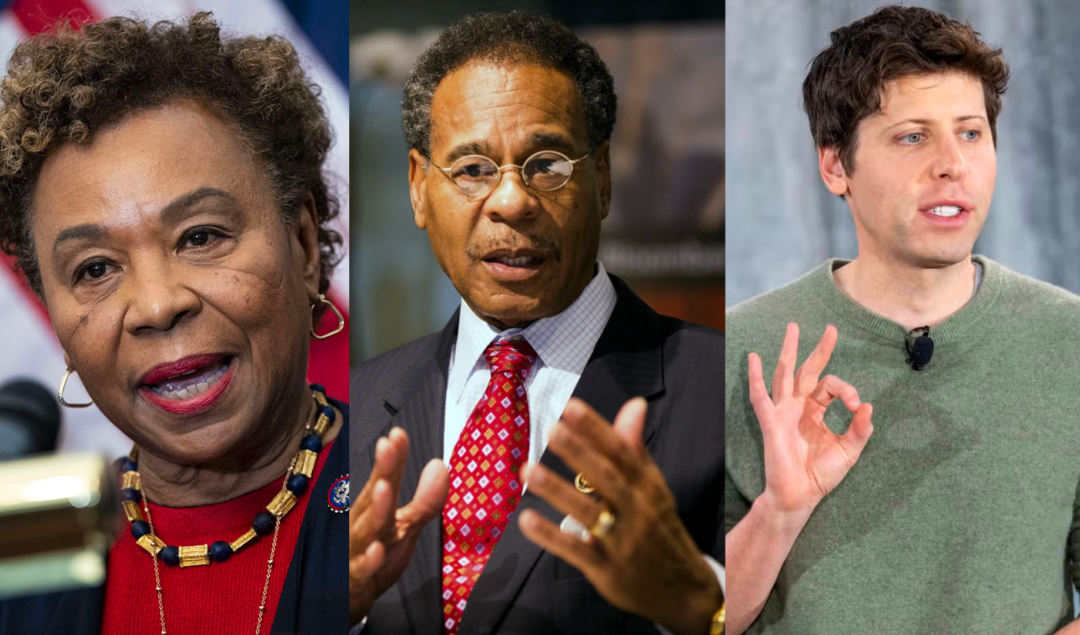OpenAI Responds To Congressional Black Caucus’ Call For Board Diversity

OpenAI has responded to Congresswoman Barbara Lee and the Congressional Black Caucus (CBC) after they flagged the lack of diversity on its board.
The CBC’s Letter
In mid-December, CBC Chairs Rep. Emanuel Cleaver and Lee sent a letter to OpenAI to diversify its board after the ouster and return of CEO Sam Altman.
Altman’s return led to the departure of the board’s only two women, Helen Toner and Tasha McCauley. Thus, the tech company had only white male members on its board.
In the letter, the pair outlined A’s increasing advancement, which creates new potential for serious misuse, drastic accidents, and societal disruption.
The letter stated, “The consequences of future advancements in AI will impact all of humanity, and the development of AI must, therefore, be guided by diverse perspectives that represent the full spectrum of human experience. “
“As members of the Congressional Black Caucus, we strongly encourage OpenAI to move expeditiously in diversifying its board to include subject matter expertise with perspective from the African American community.”
They stated that OpenAI could only fully address concerns about potential AI biases and discriminatory uses with fuller representation in its upper ranks, including women and people of color.
Cleaver and Lee wrote, “The board of OpenAI, a non-profit public institution created to ensure that AI benefits all of humanity, is now composed exclusively of white men.”
“It is our hope that you will work with us and acknowledge by example the importance of the perspectives and experiences of women and people of color on the future of AI.”
OpenAI’s Response
According to TechCrunch, OpenAI has now responded to the letter signed by Altman and Bret Taylor, Chairman of the Board.
It stated that building a complete and diverse board was one of the company’s top priorities and that it was working with an executive search firm to assist it in finding talent.
In its response, OpenAI did not directly address CBC’s request to include Black voices on the board.
However, the company remained committed to addressing harmful AI biases.
The company ended the letter by saying the inclusion of women and people of color was important to the future of AI and that it looked forward to working with the CBC.
Cleaver told TechCrunch that he appreciated the response and was encouraged by OpenAI’s commitment to hire an outside firm.
However, he felt their response did not give concrete plans for diversifying its board.
“I hoped for a stronger response that would include something like, “We are trying right now to look across the ethnic, racial, and gender barriers, and we hope to be moving in the direction of higher inclusivity,” Cleaver said.
“I looked for something where that might have been implied, and I did not find that.”



